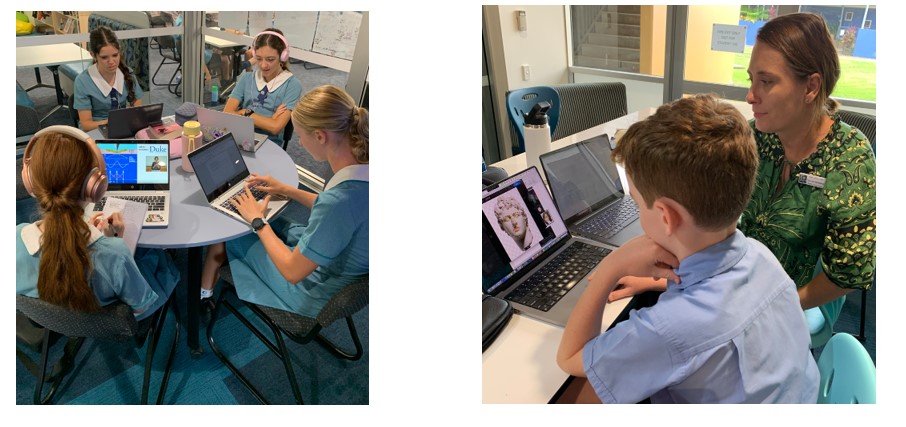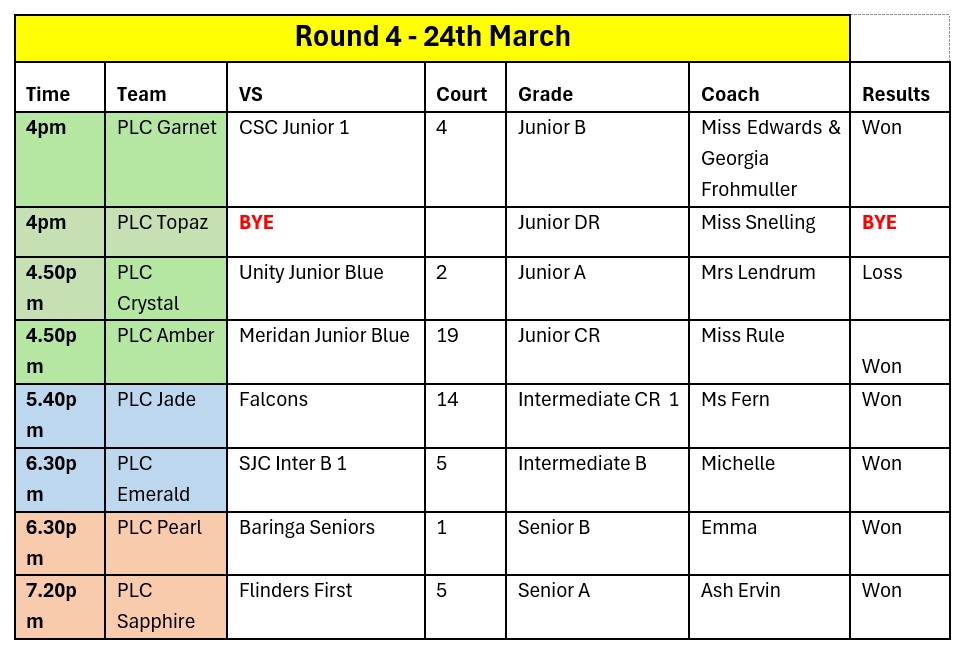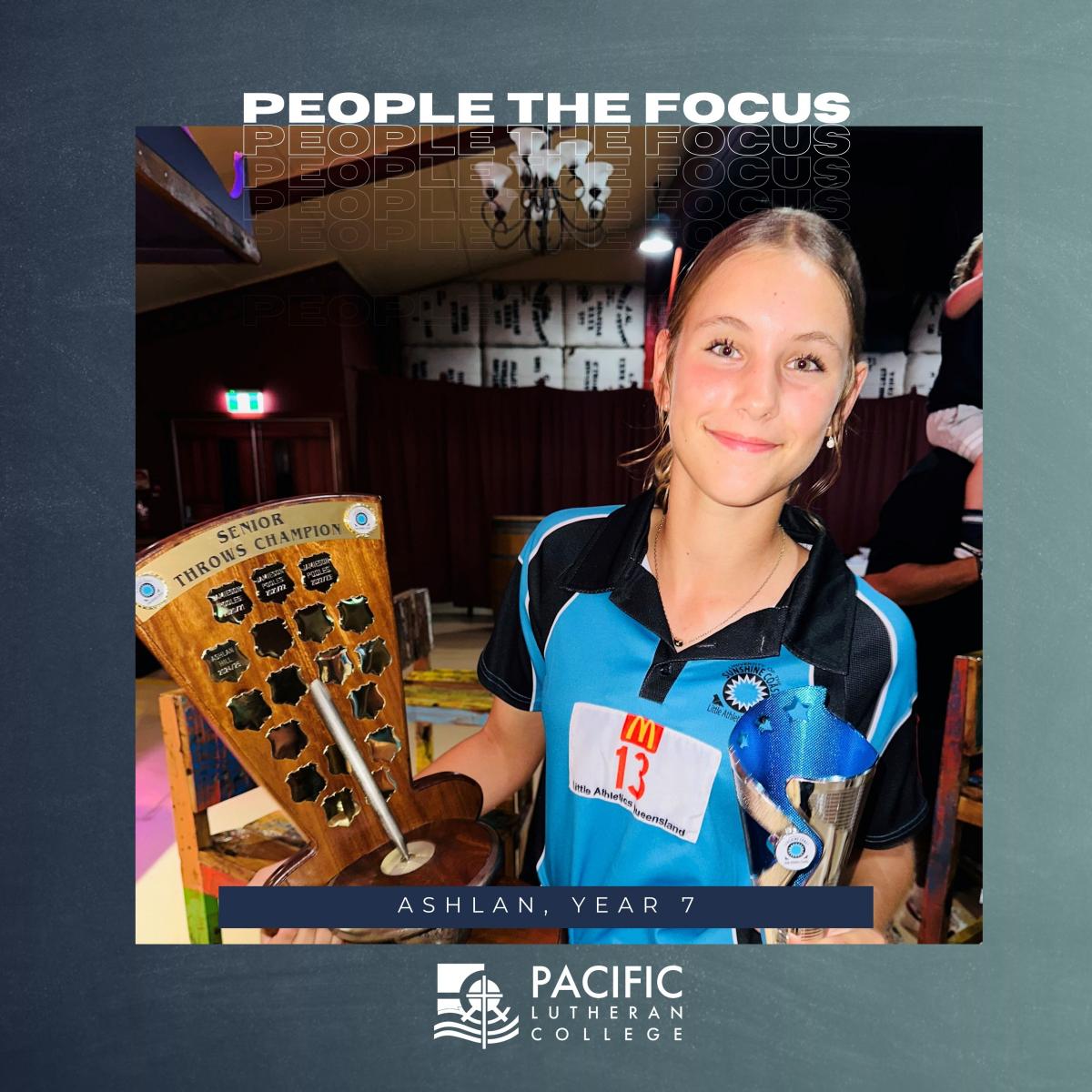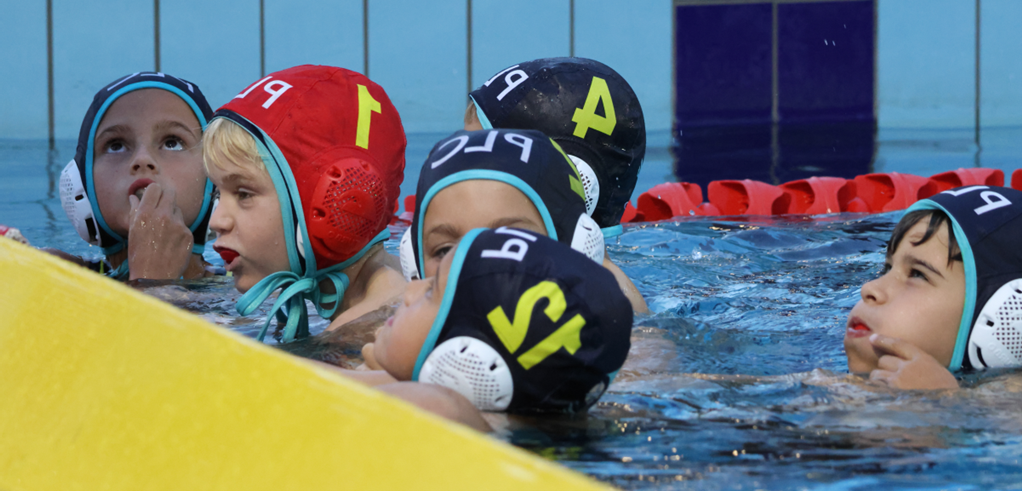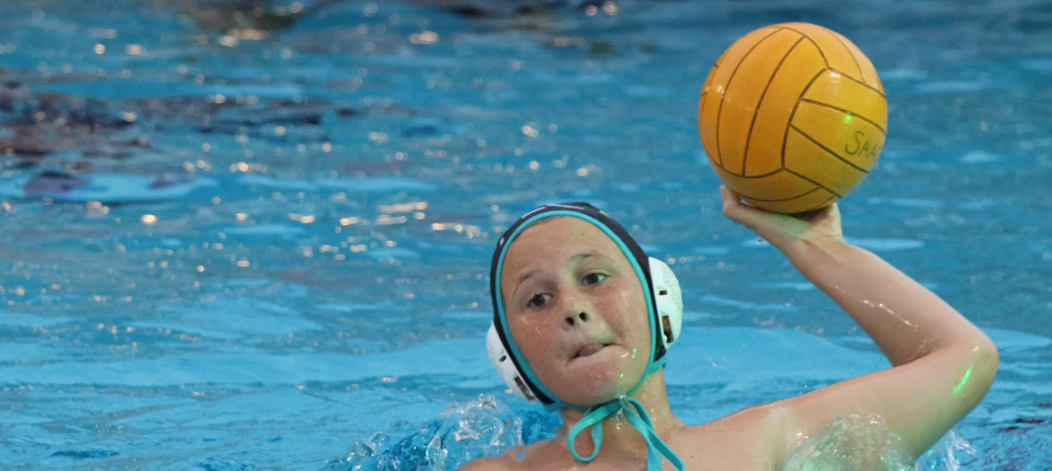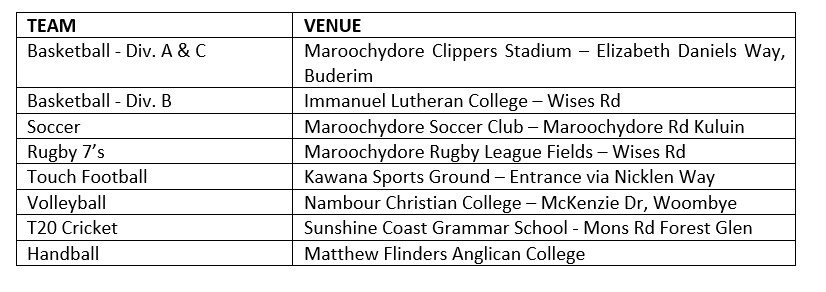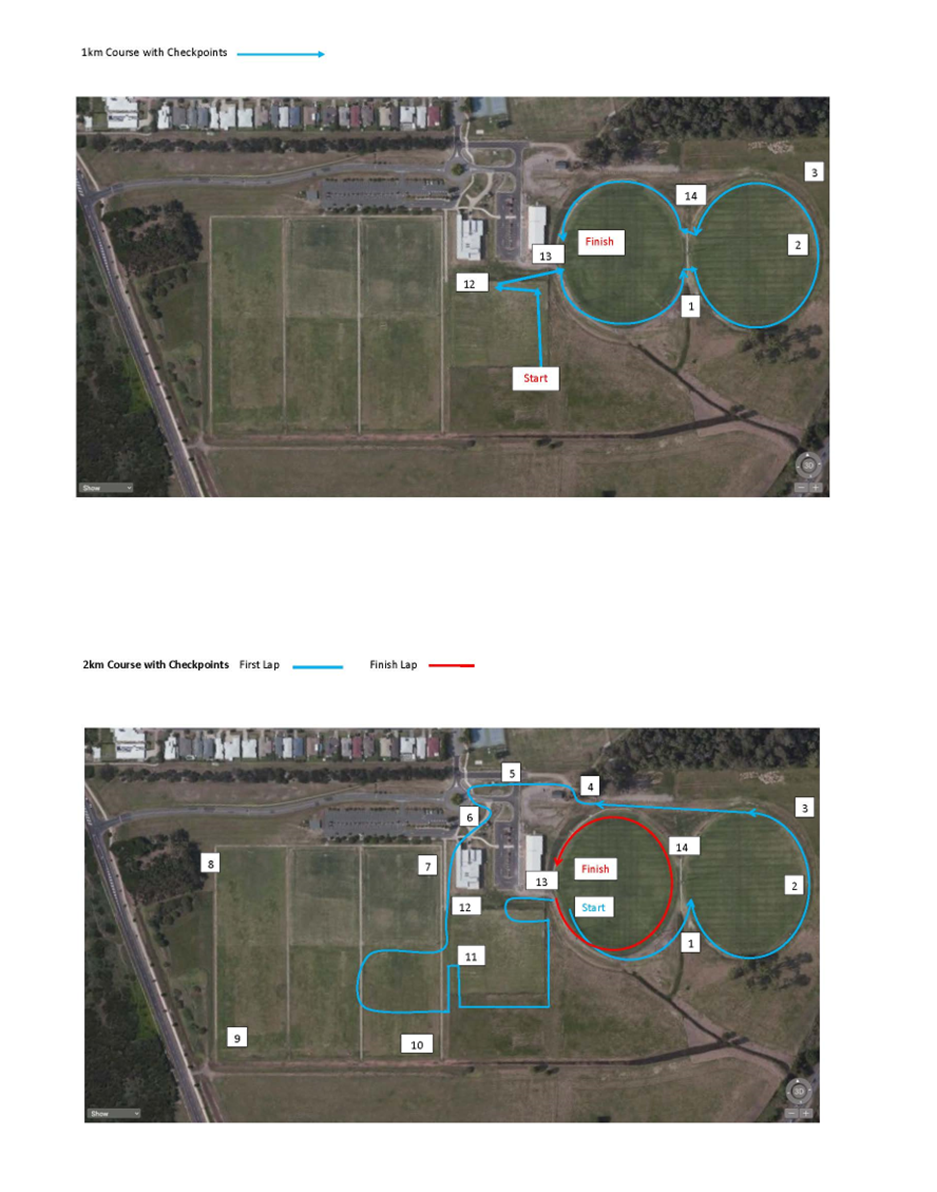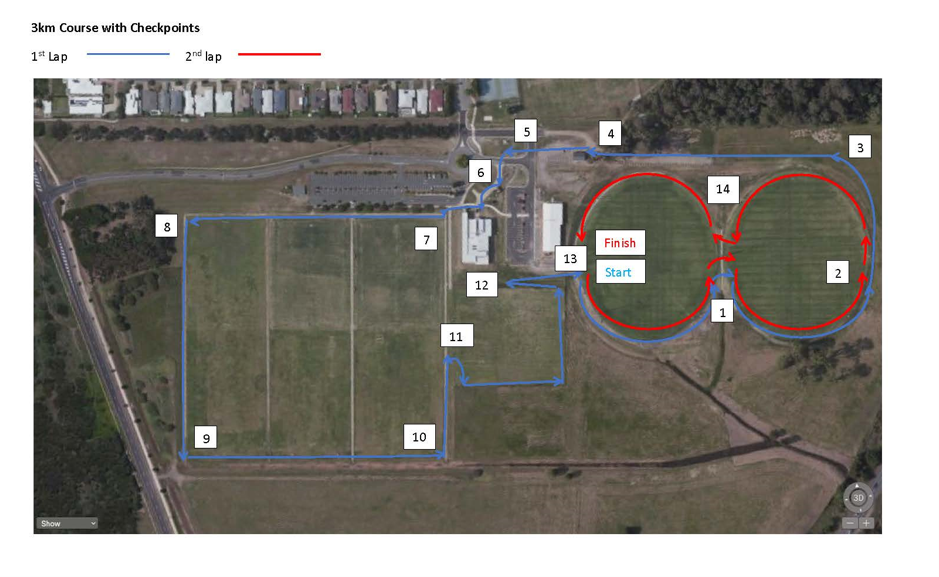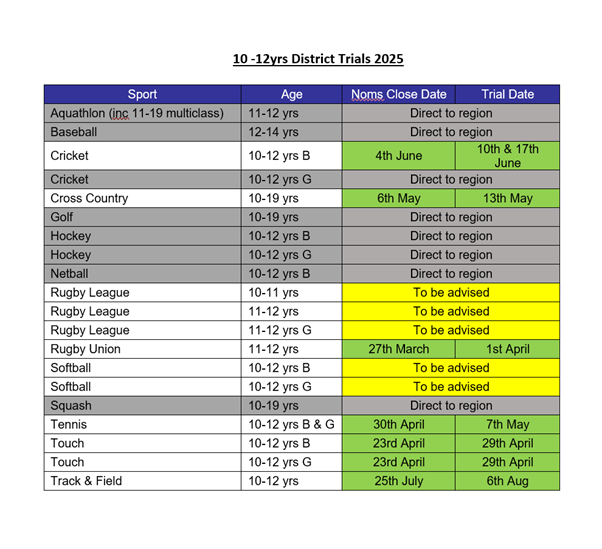As parents, we all know how important sleep is, but did you know that sleep plays a crucial role in your child’s brain development? For children and teenagers, getting enough quality sleep is not just about feeling rested — it’s about supporting their cognitive, emotional, and physical growth.
From the moment children are born, their brains are rapidly developing. During sleep, their brains process and consolidate the information they’ve learned throughout the day, helping with memory retention, problem-solving skills, and creativity. Sleep also aids in the production of essential hormones that support growth, healing, and immune function, making it essential for physical and mental health.
For younger children, sleep supports language development, social skills, and emotional regulation. As they move into their teenage years, adequate sleep helps with mood management, focus, and academic performance. Studies have shown that students who don’t get enough sleep are more likely to struggle with concentration, behaviour, and emotional well-being, which can lead to academic challenges and social difficulties.
So, how can you support your child in developing healthy sleep routines? Here are some practical tips:
1. Establish a consistent bedtime: Having a consistent sleep schedule helps regulate your child's internal clock. Aim for a regular bedtime and wake-up time, even on weekends, to ensure they get enough rest.
2. Create a relaxing bedtime routine: Encourage calming activities like reading a book, listening to soft music, or taking a warm bath before bed. Avoid stimulating activities, such as screen time, which can interfere with the body’s ability to wind down.
3. Limit screen time: The blue light emitted by phones, tablets, and computers can disrupt melatonin production, a hormone that regulates sleep. Try to limit screen use at least an hour before bedtime and encourage your child to engage in non-screen activities instead.
4. Make the sleep environment comfortable: Ensure that your child’s bedroom is conducive to sleep. This means a cool, dark, and quiet environment, with a comfortable mattress and pillows.
5. Encourage physical activity: Regular physical activity during the day can help children and teenagers fall asleep faster and enjoy deeper sleep. Just make sure they aren’t exercising too close to bedtime, as this can have the opposite effect.
By fostering healthy sleep habits, you are setting your child up for success — in their academics, mental well-being, and overall growth. Remember, a well-rested child is a more focused, happier, and healthier child.
Happy sleeping!

PLC Counselling Team
Mr Brendan Macaulay, Head of Student Support, Mrs Kelsie Munroe, Middle Years Counsellor and Mrs Sara Taverner, Learning Enrichment P -5 & Counsellor









